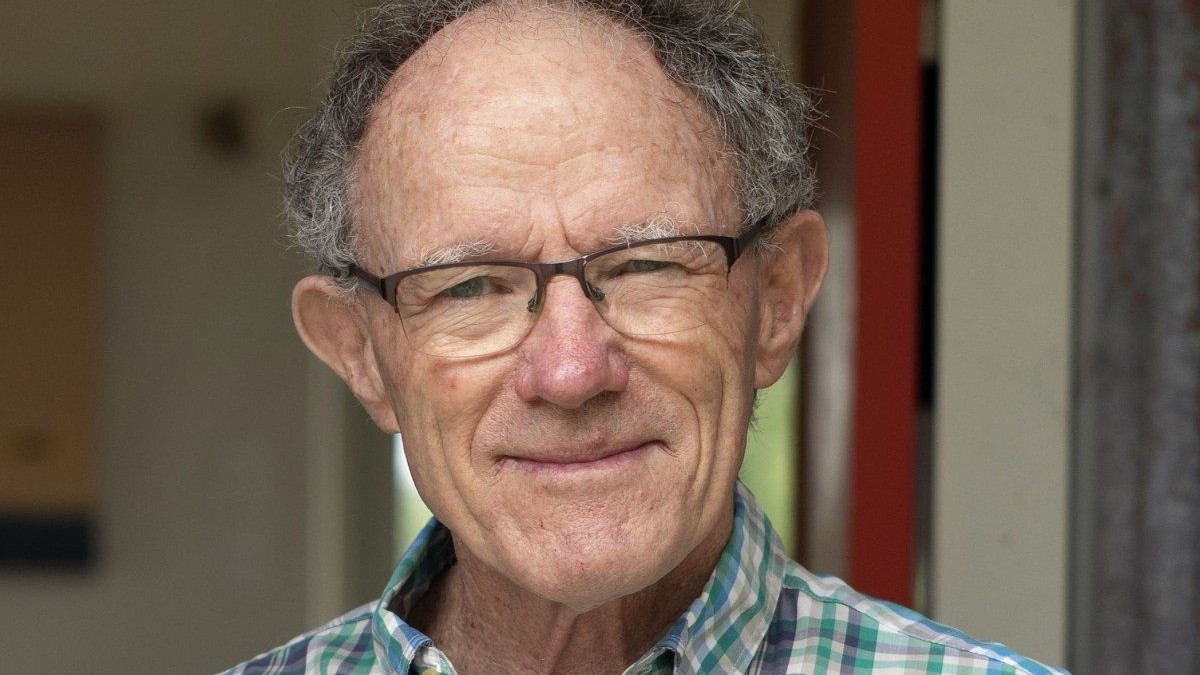
Guest Editorial
By Lindsay Wood
Discussions of pay and tax often miss important but paradoxical facts. And in the heavy transport industry, where front-line workers are celebrated for keeping the country running during events, such as the pandemic and various cyclones, it’s important to keep those facts front and central so that looming changes to employment regimes don’t end up throwing the baby out with the bathwater.
An interesting paradox emerged when researchers Kate Pickett and Richard Wilkinson were caught by surprise by their own work. Investigating why wealthier people consistently had better health than poorer people, they found that individual incomes were far less important than a society’s income inequality (the income differential between the wealthier and poorer ends of society). Time and again, they discovered that not only did the level of income inequality make more difference than the actual incomes themselves, but amazingly, the lives of wealthier people were also better when societies were less unequal.
This is why their celebrated book The Spirit Level has the subtitle “Why equality is better for everyone”. Got that? Even better-off people have better lives if their incomes aren’t so spectacularly above those of the less well paid. In more unequal societies, the wealthy are also more likely to have nervous breakdowns, commit crimes, die early, and a lot more besides.

In another eye-opener, if we have the basics of life covered, greater income does little to improve the quality of our lives. Once we are clothed, have a roof over our heads and kai on our table, more money is unlikely to make us noticeably happier.
And to top this all off, a friend just sent me a chart, which I still haven’t totally got my head around. It shows that English-speaking countries have much greater income inequality than other countries. Weird. Most nations were about the same after World War Two, but since then, inequality in most countries that speak English has climbed while most others have virtually flatlined. And the flatliners are the exemplars of contented societies: think, Scandinavia, Japan.
Joining those dots, English-speaking countries are now most likely to have large income inequality, and so their citizens – rich and poor alike – are more likely to suffer the disadvantages of that.
So, where does New Zealand fit in? Unfortunately, we’re ticking a lot of wrong boxes. Globally, we’re already well towards the wrong end of the inequality scale, and we’re getting slowly worse, which all fits the “English-speaking model”. Add that our income bracket taxes are already relatively low and seem destined to get even lower (which worsens inequality), and we’d do well to pause and think before celebrating a lighter tax regime.

Dr Sandy Hager, from London University’s Department of International Politics, doesn’t mince his words: “Given the compelling evidence that living in highly unequal societies destroys our minds, our bodies, our relationships, our communities, and our planet, this is something we should all take seriously.”
Of course, that begs the question: Who, especially, should take it seriously? The answer, of course, is those who set wages and taxes. In fact, tax policy is Hager’s very first strategy for improvement. “Countries that have made the biggest reductions to their top rates of income tax have seen the largest increases in top income shares”, i.e. larger increases in income inequality.
Business managers are also key players in wage negotiations, and given the imminent changes in government policy around employment and wages, it looks like boardrooms would be wise to keep in focus that less income inequality is good for all.
But Aotearoa doesn’t bomb out on every measure. Hager notes that proportional representation in politics leads to reduced inequality, and it will be interesting to see where the present coalition finally lands when detailing its policies. Let’s hope its deliberations recognise the wide benefits of reducing inequality.
Otherwise, the government risks compromising the wellbeing of the higher-income people it seems most intent on helping, as well as the likes of those who have kept our country rolling in times of hardship.
Lindsay Wood, MNZM, is the founding director of climate strategy company Resilienz Ltd. This year, he was made a Member of the New Zealand Order of Merit for services to climate awareness and environmental sustainability. Lindsay is active in policy arenas, develops tools to support decarbonisation, and speaks, writes and broadcasts widely on climate issues.
Read more
Pouring concrete
0 Comments5 Minutes
What’s going on?
1 Comment4 Minutes




